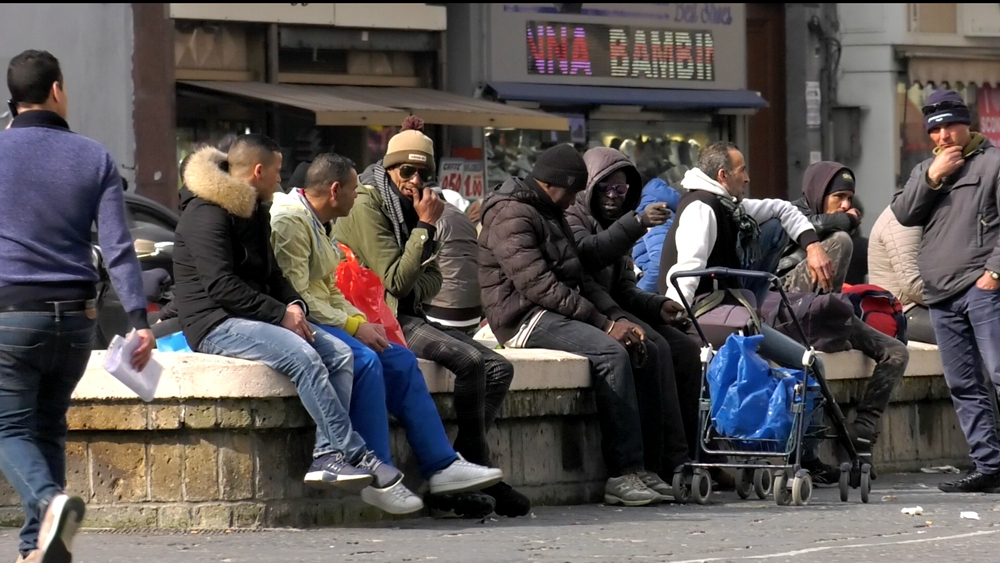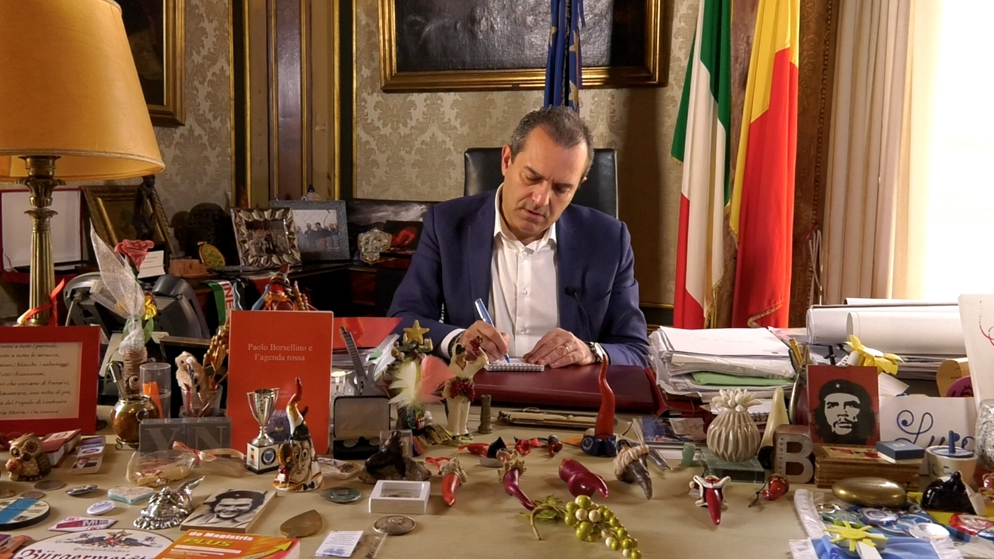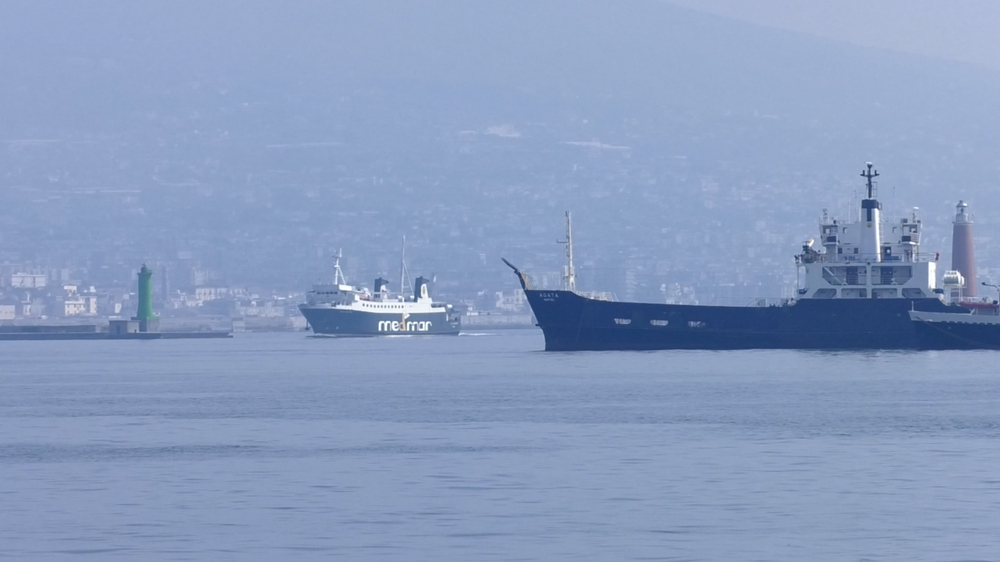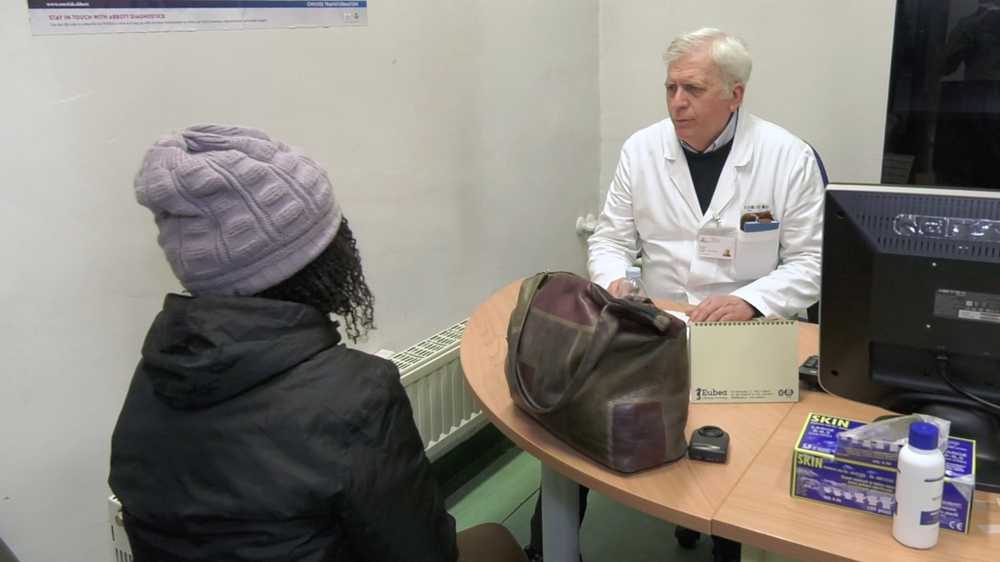
Europe
10:14, 25-Feb-2019
Migrants welcomed to Naples despite harsh anti-immigrant policies
Michal Bardavid

Italy's new populist coalition government is in favor of closing all of the country's ports.
Over the last few months, the Interior Minister Matteo Salvini put in a lot of effort to prevent rescue ships from entering the country's ports. The Italian government has gone as far as comparing NGO rescue ships to a taxi service for migrants.
But not all Italian officials are agreeing with him, and some are even openly disobeying such orders. One example is the mayor of Naples, Luigi De Magistris. His attitude is quite the opposite – as he welcomes anyone, no matter their color, religion or origin.

Naples mayor Luigi De Magistris. /CGTN Photo
Naples mayor Luigi De Magistris. /CGTN Photo
He says the decision to close ports is a political one which does not affect them and adds, "Legally, it is a duty to save lives… And when you help people in need, you contribute to peace, security and to communities where 'brotherhood' is not a meaningless word but becomes a word that has a strong meaning, a sense of community."
Despite a decrease in migrant arrivals in the city last year, for De Magistris, throughout history, Naples has represented a culture that embraces diversity. Though migrants are welcomed by officials and local residents, he says he is concerned about the governments' hateful actions.
In August, 150 migrants were stuck on board the Diciotti ship for five days until there was an agreement with Albania and Ireland to accept some migrants as well.

A view of Naples port. /CGTN Photo
A view of Naples port. /CGTN Photo
According to De Magistris, there's a racist wave supported by the government, and he says it can be felt in the atmosphere in Italy.
But Naples officials are doing their best to support migrants living in the city. One issue they are dealing with is health. Migrants are able to receive free medical services in Naples.
In July 2018, the Policlinico University Hospital set up a Dermatological Ethnic Clinic just for this cause. Migrants are welcomed at the clinic three times a week even if they have entered the country illegally.

A doctor talks to a migrant patient at the Dermatological Ethnic Clinic in Naples. /CGTN Photo
A doctor talks to a migrant patient at the Dermatological Ethnic Clinic in Naples. /CGTN Photo
The director of the clinic, Professor Dr. Mario Delfino, says it is basic ethics for an Italian doctor to treat anyone who needs assistance, no matter their nationality. He stresses the importance of passing on knowledge onto younger doctors as well, stating that they "are also a university, not just a hospital; so we have the goal, the need and the duty to teach young generations of doctors skin diseases that change a lot depending on the color of the skin and must therefore be taught, because the future is a multi-ethnic society."
Dr. Delfino also emphasized that there are some misconceptions regarding migrants and health concerns. He says that even though certain parts of society believe that migrants could bring new diseases to their local areas – he says that is not true. In fact, Delfino points out that it is the migrants who are getting ill in European countries like Italy when they face diseases that are not common in their place of origin.
It's also important to note that the mayor of Naples, who has recently called for a referendum on autonomy in the city, also wants to take other concrete actions to support migrants, such as creating a fleet of boats to support rescue efforts at sea.

SITEMAP
Copyright © 2018 CGTN. Beijing ICP prepared NO.16065310-3
Copyright © 2018 CGTN. Beijing ICP prepared NO.16065310-3